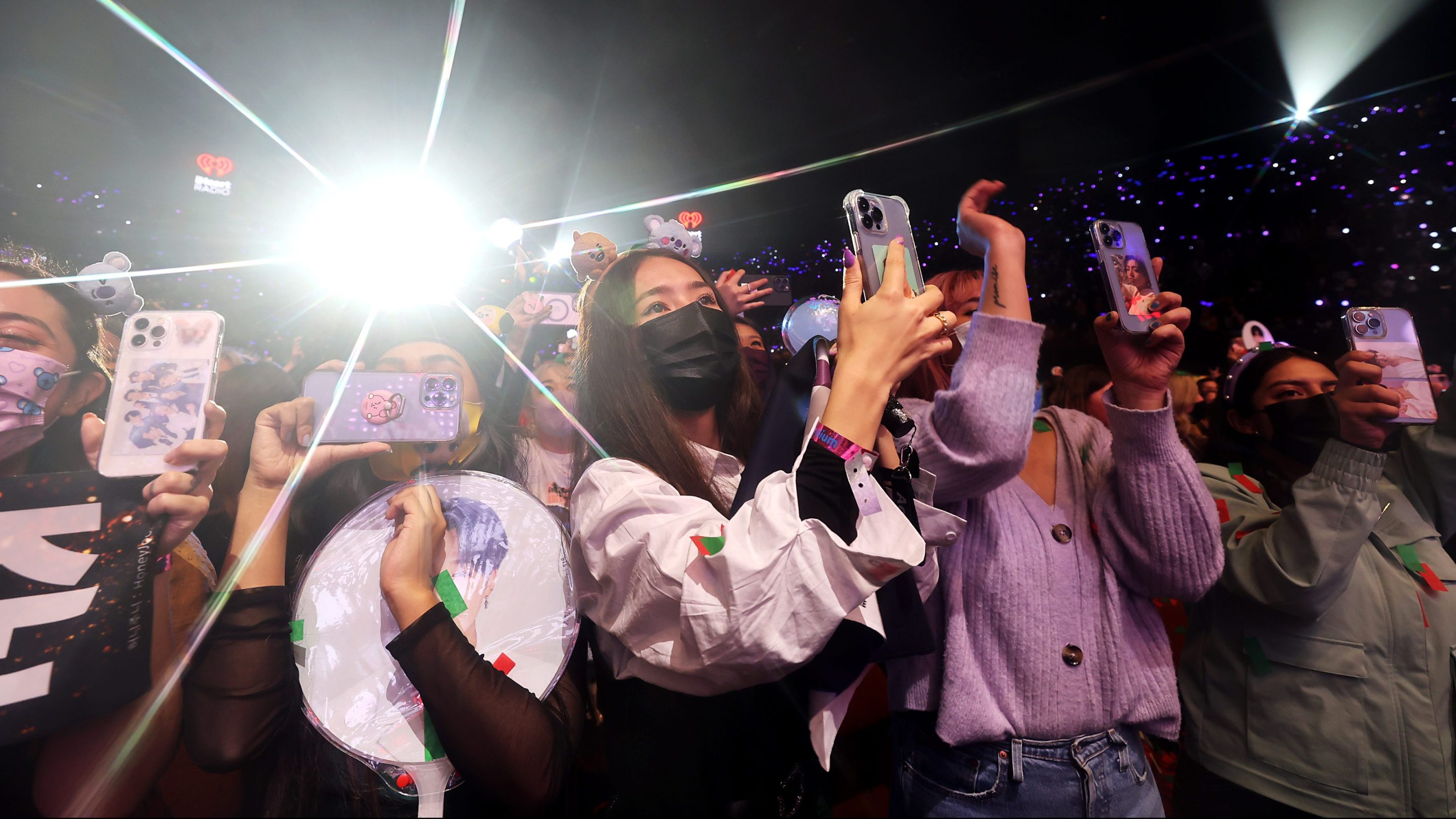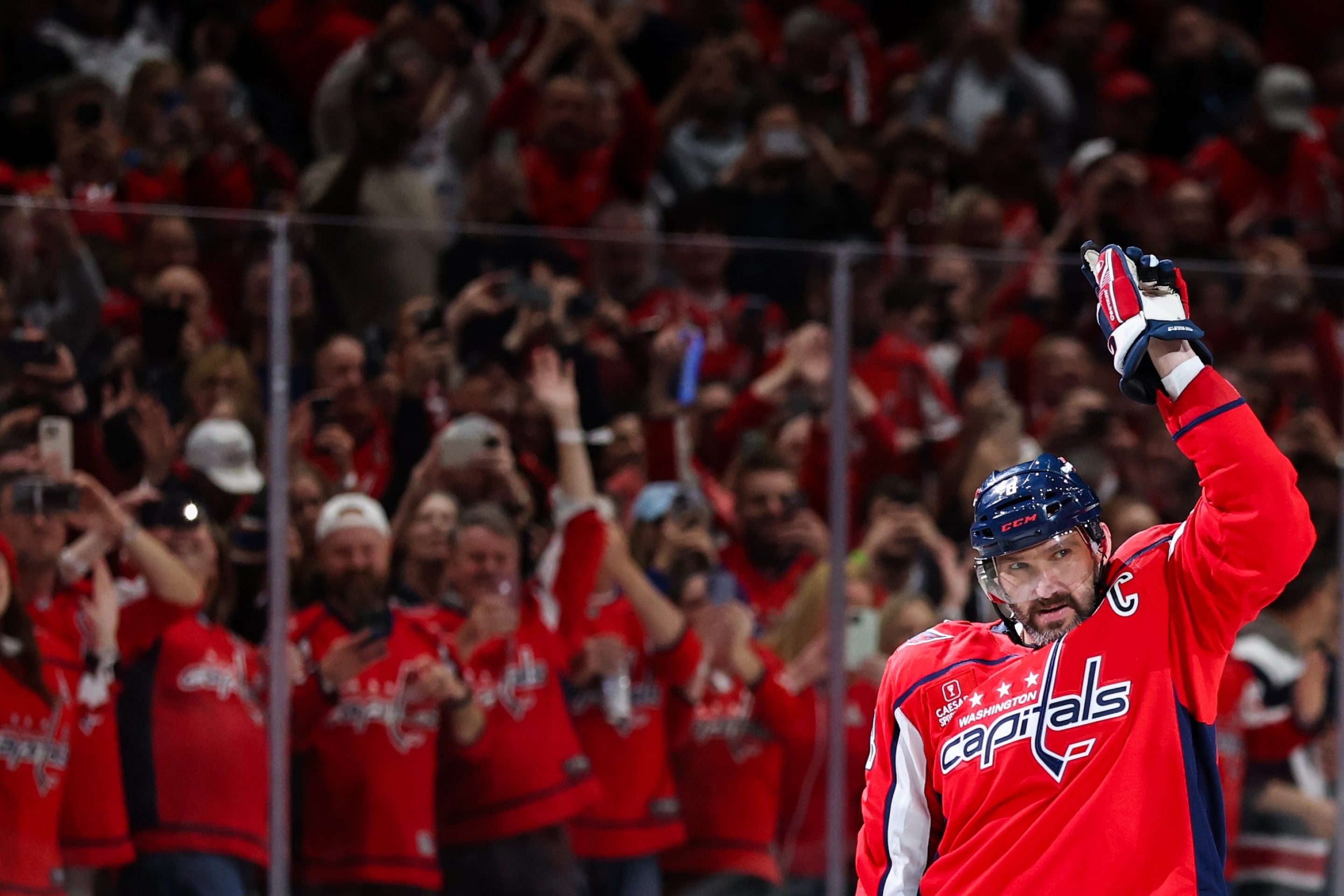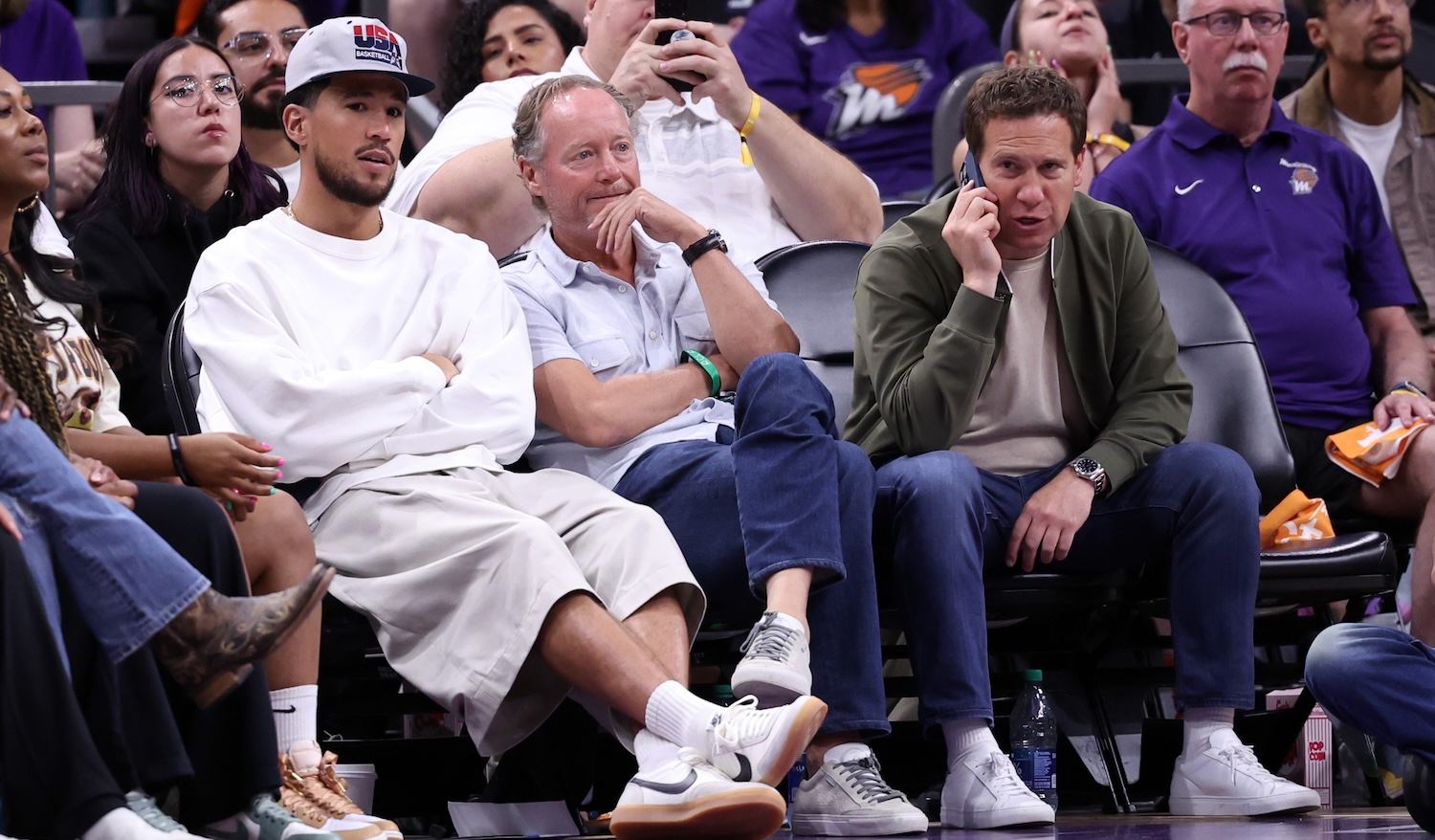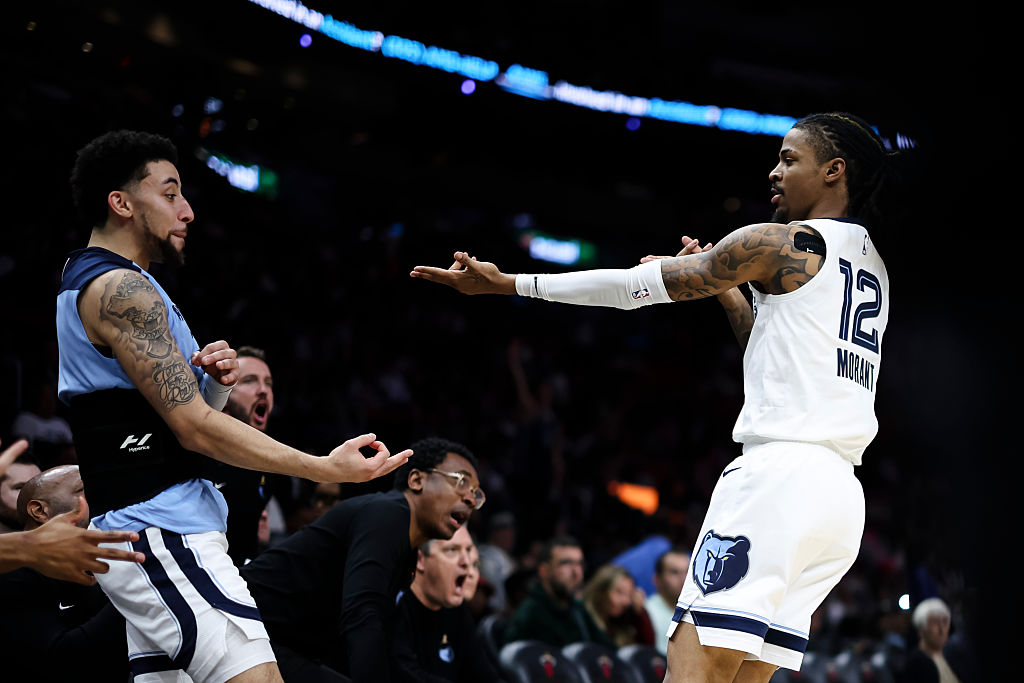I used to watch people run into the ocean. This is a common enough sight in Florida, a large landmass of limestone risen up from the ocean floor that juts out between the Atlantic and the Gulf of Mexico as a giant stretch of coastline, and also where I grew up. People arriving from landlocked parts of the country, who perhaps have not even seen the ocean before, tend to run toward it; people who have seen the ocean before, but not for awhile, run too. They try their best on the dry sand, then become more surefooted on the compacted wet sand, navigate past the clumps of seaweed and beach detritus, and then throw their bodies into the ocean. To see them flopping wholly into the warm salt water and tiny waves is to witness an unbridled and almost unhinged glee.
I used to see this and sigh. As a child of Florida—my parents moved to the state when I was a year old, I grew up there, I went to college there, I worked in various newspapers across the state for eight and a half years, I traveled it from Pensacola to Jacksonville to Key West, I met my future husband there—I didn't think much of or about moments like these. The water had simply always been there. Sometimes, I visited it. Sometimes, I did not. A friend once told me about the time she saw people running and screaming into the ocean with happiness and, though I don't recall the exact words of my response, I remember the emotion of it: Oh, come on. That is so lame.
All that unbridled emotion somehow curdled in my mind. I couldn't understand it. Hell, most of the time, even when I did go to the beach, I did not even go in the water. I didn't want to have to wash the saltwater from my hair later. I also never bought the ice cream because I knew it was cheaper off the beach; overpriced beach ice cream, in my mind, was for tourists and suckers. That's what unbridled joy made you look like, I thought—maybe a goofy tourist, or maybe just a sucker.
I was spending very little time at the beach, or outside, or seeing people at all when I discovered the Korean band BTS during the COVID-19 pandemic. My days played out through deeply regimented blocks of time that had been assigned to various tasks for various spaces in the small apartment I shared with a husband and two cats, which later became one cat when one died during the pandemic. Without that regimentation, I wouldn't have done anything at all. We were getting ready to launch Defector Media, which meant reuniting with everyone I used to work with to ask people to give us money to write about sports and culture in the middle of a massive global crisis. I spent a lot of time wrestling with self-doubt, which I do all the time in the best circumstances. It turned out that this tendency did not go away when I was left to my own devices in a small apartment with nowhere to go.
On a whim one of those days, I decided to spend my day online listening to BTS videos on YouTube. I started with "Dynamite," then hopped around some. At some point the algorithm gave me a live performance of the song "Lie," off the group's 2016 album Wings. It's a dark song, enough so that I compulsively apologize to people when I tell them it's the song that sent me head-first into BTS fandom. I wish I had a happier answer—the pastel joyride of "Boy With Luv" or the chest-thumping boldness of "MIC DROP." But it was "Lie." Somehow, even before I tracked down the song's lyrics translated into English, I knew what the song was about, a lament on staving off darkness, impostor syndrome, and doubt. The singer is Jimin, the last member to join the group, the one with the shortest training period, the one management had considered kicking out of the group, the one with a notorious perfectionist streak. I hadn't learned any of that yet, but I heard the song and I understood it.
I watched this video on a loop dozens of times. Then, I messaged my friends that I totally understood this whole BTS phenomenon now, and was going to go all-in. Then I went into the kitchen and told my husband that I got BTS now, its seven members—RM, Jin, Suga, j-hope, Jimin, V, and Jungkook—had a new album coming out, and my job starting at that moment would be to listen to their entire back catalogue before its release. I finished with weeks to spare and started again.
What hooked me, at first, felt like the same thing that hooks anyone to their favorite music—at an elemental level, I just really liked and connected to the songs. I do believe that bands have a certain magic about them, one that cannot be replicated no matter how hard countless record labels will try, and attempting to decipher what makes one rise above all the others is a bit like trying to explain why you love your spouse. From their songs, it was easy enough to fall down the rabbithole of ridiculously charming BTS content—there is so much BTS content that Dave Holmes in Esquire compared it to all-engrossing world of Marvel Comics—and after that, well, I was all in.
But I remained certain that my fandom of BTS would remain a digital-only affair. They live in Seoul. I now live in California. A pandemic was ravaging the globe. I watched their concerts online, learning just the right amount of caffeine to stay up for a 1 a.m. start time, I enjoyed their appearances on various talk and award shows, and I endlessly scrolled through their music videos, TV shows, and previous concerts. But in late 2020, the idea of seeing BTS live seemed like the kind of goal you throw out there without really expecting it to happen, like winning the Pulitzer Prize, writing a New York Times bestseller, or buying a house in Los Angeles. I was content with this.
Somehow, a window of opportunity opened. In September of this year, the news broke that BTS would be doing four shows in Los Angeles—my new favorite band in the world was traveling across the globe, to me. I wouldn't even need a plane ticket. The day BTS announced this—directly to fans, of course, via a push notification on the Weverse app—was easily the most excited I had been in a long time. Before I even physically told my husband, he knew something was up because I started jumping up and down and screaming.
I'm mostly going to skip over how I got my ticket, because I did it the way the system is set up to encourage: I overpaid. I plunked down $346 total for two nosebleed seats on the third day of the residency. I got lucky in paying that much; on the day of the concert, I was seeing seats in my area going for $500 for a pair. There is a long missive to be written about the monopoly that Live Nation/Ticketmaster has on venues and ticket sales, and how they use that to inflate their profits while turning concert tickets, like the Super Bowl and the NCAA Final Four, into little more than status symbols for rich elites. I am not going to write that post right now.
Instead I will tell you that I planned my outfit days in advance, with a goal of maximizing 1) comfort and 2) the color purple, the official color of BTS. I settled on long-sleeve purple top, black jacket, black pants, and purple Converse sneakers. I bought fresh batteries for my ARMY bomb, the official light stick of BTS (ARMY being the name for BTS fans). I shoved all my most-needed items as well as a KN95 mask and two unopened plastic water bottles into the clear plastic mini-backpack mandated by the stadium. I made sure I had an updated copy of my vaccine card on my phone.
Upon arrival, at least for a few minutes, the experience mimicked that of any stadium event. My husband and I pulled our car into an ocean of concrete parking lot, showed proof that we had paid $77 for the right to park—the new stadium has few public transit options, especially outside of NFL game days—and followed a series of orange cones and people dressed in yellow reflective vests to a parking space. My husband put the car in park, shut it off, and then we stepped out into what I can only describe as BTS-ARMY World.
Every inch of the stadium had been purpled, with accents of orange for the color of the band's most recent single, which also served as the moniker of this tour: Permission To Dance. Purple signs. Purple lighting. Purple at the merch booths, of course, but also purple at the food stands and purple at the information booths. And people, thousands of people, almost all dressed in at least some element of purple. Even before I made my way into the stadium, just walking in the parking lot, I felt a strange and sudden jolt of recognition. Before that day, most of the other people in ARMY to me were just Twitter avatars or bubbles in a text message chat. Oh my god, I thought while walking up to the stadium, it's all real.
We made our way to our seats—section 512, row 21, so high up there was only one other row of human beings behind us, the truest definition of nosebleed seats. Friends had reported back to me about long lines to get into the stadium, but whether through refined processes or dumb luck, we got in with pretty minimal wait. About two hours remained before the concert's start time and I was feeling lucky. I decided that I would try to buy merch.
This was much, much more complicated than it sounds. For days, the local news had done stories about people lining up in the dark to get into the stadium, hours before the gates opened. On the days when BTS did not perform, there still were lines to people to get inside and buy merch. I had seen the long lines for merch while walking up to our seats and reminded myself that the purpose of going to the concert was to see the performance, not to buy a poster or a T-shirt.
This was before I decided that I wanted a poster, and maybe also a T-shirt.
I told my husband he was in charge of keeping an eye on our seats, made my way down, and joined the first merch line that I saw, for a booth on the 300 level. I stood, and I stood, and the line slowly crept forward. I grew increasingly nervous as I moved closer and, one by one, items came off the merch display board. A friend who goes to concerts texted me that I should make my husband take my place in line if it was getting close to start time, and I frantically texted him this plan.
It was around this time that they ran out of ARMY bombs. ARMY bombs are the official light stick of BTS, but calling them that doesn't quite do them justice. At a concert, you synch your ARMY bomb using Bluetooth and it becomes part of an elaborate light show that follows along with the concert. For each song, BTS' team creates a unique, elaborate lightscape that compliments the song; that choreography plays out over thousands of ARMY bombs, and the one in your hands becomes a part of making that happen. You can go to a BTS show without an ARMY bomb, of course, but it's a bit like going to the beach without a book or a beach ball or a pail and shovel. You're there, but you aren't getting the full experience.
I was lucky; I already had an ARMY bomb because my husband bought it for me last year as a holiday present. As the line slowly crawled forward, with about 10 people left between me and the front of the line, a woman passed by said they had run out of ARMY bombs. A few moments later, one of the merch employees stood up on the table and announced in a booming voice that there were no more light sticks. She repeated it a few times—there are no more light sticks!—and a heave of disappointment rippled through the crowd. But we were in line for the light sticks, the two people behind me said out loud a few times before stepping away along with what seemed like half the line. It was the only time in the whole experience that I felt sad.
With the news of no more ARMY bombs, the line suddenly got shorter and moved even faster. I made it to the front with about 30 minutes to spare and bought a black BTS hoodie and two posters, one of Jimin and one of Suga. At home, later, I would wonder just where was supposed to put these two posters; in the moment, though, I just wanted physical proof that I had been there, a thing I could point to on a wall and say, See. I wanted evidence that all of this had somehow really happened.
Everyone started screaming as soon as the lights went down. The stage stood way (way) below me, extending out into the crowd; above it hung the giant screen that would project everything, with smaller screens on the side. They opened with "ON," a number written to be performed in a massive stadium. The screen displayed the group's lightning-fast choreography; they were flanked by more than a dozen dancers on the stage. But I couldn't look at the giant screen, and didn't even pay much attention to the pyrotechnics. Instead, I kept staring at the seven small figures many feet below me, seamlessly recreating the moves I had seen on many a YouTube video. My god, I thought, they really are real.
The show moved swiftly through 24 songs. The frenetic energy and choreography of "Burning Up (Fire)" was bolstered by the entire stage turning red; from its opening beat, every ARMY bomb glowed red or orange. During one of their slower numbers, the soothing pandemic song "Life Goes On," the members piled onto a giant bed that moved all across the stage while our ARMY bombs glowed a soft purple. For the funky, retro pop-disco beats "Telepathy," the members climbed aboard moving platforms that carried them around the stadium, where they waved and smiled and hammed it up for the crowd that wasn't on the floor.
In a sense, I had seen much of this before. I had watched the live version of this concert performed in an empty Jamsil Stadium in Seoul a month earlier, as well as plenty of old BTS concert footage online. A BTS concert has a certain pattern and rhythm, and you'll pick it up over time just as surely as you learn, by adulthood, how to be at a baseball or football game. But while I knew all this, I also hadn't really experienced it before. In the same way you can watch years of sports on TV but still not understand it until you go to a game, or you can see a piece of art online but can't really feel it until you see it in person, I don't know that I fully understood the power of BTS until I saw them live. Some of this is in all the details you can't perceive through a screen, the way it flattens out life. But it also felt like finally meeting someone in person after two years of talking on Zoom. It's different, and different in some urgent and essential ways, and that sudden spark of human contact is powerful in ways technology cannot replicate.
Throughout the show, all the members of BTS spoke about the difficulties of not seeing their fans for two years (Suga screamed "I missed you, ARMY!" Jungkook told the crowd, "Nothing can stop ARMY and BTS!"). To the unfamiliar, this might sound like treacly nonsense, or just like the sort of thing that gets said from the stage at a show. In person, it felt absolutely genuine. All the members of BTS are adamant, in interview after interview, that their success is due to ARMY. They are not wrong—it's ARMY that buys their albums, votes for them in contests, and sings their praises online. Why shouldn't they be thankful? As RM said at a press conference before their second performance about their formula for success, "People are very curious about this, but it's very simple. There’s 100 percent of success, and I’ll give half to the ARMYs." Near the end of the show, our ARMY bombs lit up to make two phrases: BTS and ARMY.
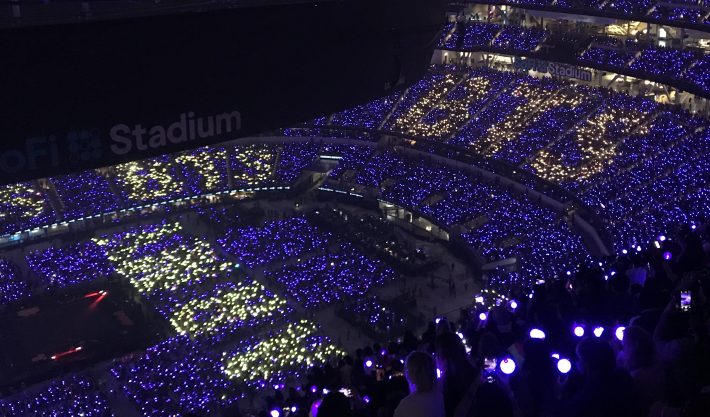
Ultimately, I could only bring myself to record one song on my phone, "Black Swan." Lyrically, it's about an artist grappling with the fear of a day when making music no longer brings them joy. It's slow, with an orchestral opening. The stage choreography is infused with modern dance and ballet; dozens of dancers, all in black but for their arms costumed as white wings, surround each member of the group, all of whom are at some point enveloped in the darkness. The song exudes worry and doubt; it is peculiar, maybe, that the most popular group in the world has made this one of their signature songs. Or maybe it isn't, as this is the number that perhaps best encapsulates the limits of calling them K-pop. You can call BTS K-pop, it's not wrong, but it's also incomplete in the same way that calling Dolly Parton a country music singer or the Beatles a rock band would be. The label can be accurate while still being insufficient.
But other than "Black Swan," I barely recorded anything. I couldn't bring myself to look at BTS through one more screen. I'd been doing that for a year. This, I think, is why I watched the small bodies below me moving around on the stage instead of the close-ups afforded by the giant screens above the stage. This was how I experienced the running joke that somehow started during the concert of Jimin spelling his name, j-hope firing off the smoke cannon with glee, Jin emerging near the end with bows in his hair while V donned a full Squid Game costume. I looked at it, from far away, as it happened.
The show ended with thank yous from BTS to the crowd, a performance of "Permission to Dance," and then, as the house lights came up, the return of reality. All the purple lighting was gone. BTS, too, was gone. We were once again in a giant football stadium filled with plastic seats and concrete. A cold fog had swept in that I was able to ignore for much of the concert, but with the adrenaline gone I suddenly felt freezing. I threw on my new BTS hoodie, not even bothering to take off the tag.
In the parking lot, I met a friend and we piled back into the car to celebrate a great U.S. tradition—taking an excruciatingly long time to get out of a parking lot after an event. We were still in traffic when we got a notification on the VLive app, a Korean streaming service that celebrities use for live chats with their fans. J-hope was live from his hotel room, chatting with fans. We watched on our phones while the audio played through my car's speakers.
We crept forward all the while, and eventually got out of the traffic and onto the freeway. The j-hope VLive ended. My friend went home and I went home, although I did have another BTS concert to look forward to, as the band was live-streaming their final concert of the four-show set and I had a ticket to watch it online. I felt a tinge of sadness watching that show that was not just about the end of these dates, but about the return to the every day. After that final concert, BTS performed one more time, opening up the Jingle Ball tour in L.A., then flew back home. The same day as Jingle Ball, Billboard reported that BTS' four nights generated $33.3 million and sold more than 200,000 tickets, making it the biggest gross for a series of shows at one venue since 2012, when Roger Waters brought in $38 million during nine shows in Buenos Aires. For shows based in North America, only one act has surpassed it: Bruce Springsteen's 10-show run at Giants Stadium in 2009. BTS almost surely would have topped all those records if they had done just one more night.
A few days later, I wore my BTS hoodie to run errands. The person working the register at a local coffee shop and bakery asked me if I went to the concert, and I did a small jump with glee in front of the register before giving a definitive yes, barely resisting the urge the become the sort of person who shows strangers photos from their amazing beach vacation. I still have my two posters, one of Jimin, one of Suga. I am sure, if I actually priced out all the costs of merchandise and the in-person ticket and the online ticket and the parking and the gas and the meals with friends in town for the concert that I would be what I had once feared—someone I could and maybe would call a sucker. But after the past two years—the inability to visit that landmass of limestone I love, the loss of time with my closest friends, finally meeting toddlers that I should have been able to months ago, not seeing my own parents for two years—I am prepared to give myself a pass. I am prepared, too, to admit that I was wrong.
(And a short aside: Any article related to K-pop usually brings up questions about the fact that the K-pop trainee system can be cruel and abusive. There are plenty of articles you can read about it. These actions are undeniably horrible. Which brings up the question: Does every article about baseball need to address the poverty-level wages of minor leaguers? Should every piece about Tom Brady note that he passed through the deeply exploitative world of college football? Must every glowing movie review include a disclaimer about underpaid, overworked labor that very likely worked 14-hour days to complete it? This is not to condone abuse in any form. It is merely to ask: Why does K-pop get singled out for this in entertainment writing given our own country's long history of producing entertainment and art through exploitation?)
BTS is the biggest band in the world right now by basically every measure. They had six No. 1 songs on the Billboard Hot 100 between this year and last year. They've been nominated for a Grammy twice. They didn't just take home artist of the year at the American Music Awards, the entire show was a tribute to them. They've won music awards across multiple continents. They have sold out stadium after stadium, after stadium. The knock is always that this happens because BTS fans are crazy—a bunch of young girls illogically spending all their money on some stupid boy band.
That might be all you hear when you listen to BTS. You are under no obligation to like BTS' music. You don't have to scream and plunge belly-first into a giant body of water you are seeing for the first time, either. But if something fires in your head that points you in that direction, I think it is advisable to listen to it, whether it is telling you to rush into the surf or buy a light stick and scream along with song lyrics. It's not uncommon for fans of BTS to talk about how the band inspired them to be kinder to themselves, to take care of themselves. People will take different things from the same experiences, but after all this time away I was both grateful to take whatever I could get, and to get this delirious dose of what I learned from my journey into BTS. They taught me that it's OK to have unbridled joy. All these years later, across all that distance, I finally accepted that it's OK to run into the ocean.
